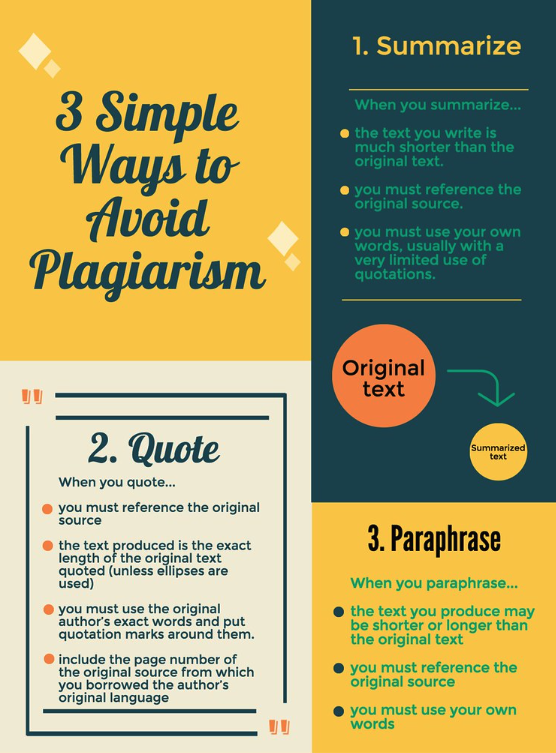
When are Citations Required?
Here’s when you should ensure you cite:
- Direct Use of Content: Whether you’re quoting, paraphrasing, or summarizing, citations are imperative to verify that your content draws from credible research or authoritative sources, not just personal opinions. Quotations, in particular, are powerful tools for retaining the exact words and context of the original author, ensuring authenticity and preserving nuanced meanings.
- Influence of Original Works: When a work leans heavily on another’s ideas or perspectives—even without direct quotations—it’s vital to acknowledge this foundation.
- Respect for Intellectual Rights: A core aspect of ethical writing, citations pay homage to original content creators, honoring their intellectual property. It demonstrates an understanding and adherence to copyright laws, and affirms that their work isn’t appropriated without due recognition.
- Engaging & Enriching Content: Strategic use of quotations can make your work more compelling, introducing diverse voices and fostering deeper reader engagement. The right quote can emphasize points, counterarguments, or vividly illustrate complex ideas.
- Avoiding Plagiarism: The use of another’s words or ideas without proper acknowledgment is not just unethical but can carry severe repercussions. Appropriate citation ensures due credit and upholds the integrity of your work.
- Strengthening Authority & Reliability: Quotations from authoritative figures or seminal works can validate your arguments, prompting readers to reflect on its implications and even explore the original source further.
Ethical Implications
Not citing under the above circumstances can lead to
- Accusations of plagiarism or academic dishonesty in educational and workplace contexts.
- Legal consequences in public and professional contexts, especially when one presents another’s work as their own.





















